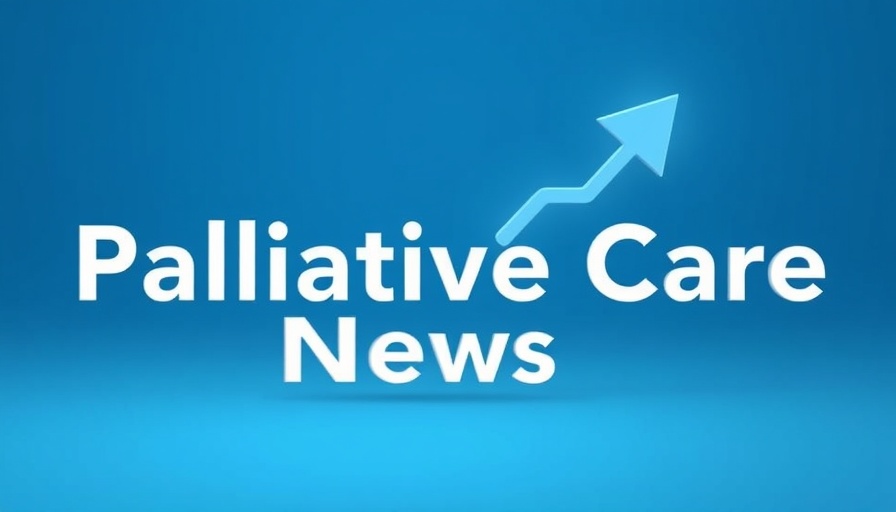
Strengthening Oversight in Medicaid and CHIP Programs
The U.S. Centers for Medicare & Medicaid Services (CMS) is embarking on an ambitious effort to enhance regulatory oversight of state-based Medicaid programs and the Children’s Health Insurance Program (CHIP) as part of a broader initiative to curb redundant spending.
Recently, CMS revealed an alarming statistic: over 2.8 million individuals were simultaneously enrolled in Medicaid, CHIP, or subsidized Affordable Care Act (ACA) plans. With the goal of maximizing program efficiency, the agency anticipates that addressing this duplicative coverage could save taxpayers around $14 billion annually.
Elimination of Duplicative Enrollment: A Key Priority
Dr. Mehmet Oz, the CMS Administrator, emphasized the necessity of taking firm action to prevent dual enrollment in these health programs. “For too long, Medicaid and CHIP have drifted away from their core mission of providing a safety net for the truly vulnerable — that ends now,” remarked Oz. This perspective echoes the sentiments of many advocates for clearer regulatory frameworks that focus on beneficiaries who need assistance the most.
Under the recently passed One Big Beautiful Bill Act, new measures will be implemented to prevent dual payments for a single beneficiary across these federal programs. CMS aims to restore integrity to these vital services, ensuring that public funds are utilized efficiently.
Understanding the Financial Landscape of Medicaid and CHIP
The CMS report also highlights significant areas where spending has increased over the years: dual eligibility and workforce challenges. Continuous eligibility policies in Medicaid and CHIP have often meant that beneficiaries continue to be covered even when they no longer qualify for assistance. This trend, noted by the previous administration, has historically led to overpayments and administrative inefficiencies—a reality that CMS is now aiming to rectify.
With strong workforce initiatives promoting recruitment and retention of Medicaid service providers, CMS recognizes that investment in support systems is equally crucial. This investment is intended to strengthen home- and community-based services as essential components of the Medicaid system.
The Human Element of Health Policy Reform
While policy changes may seem abstract, they directly impact the lives of millions who depend on these services for their healthcare needs. Accessibility to quality health programs is tied deeply to emotional well-being, particularly for vulnerable populations. As CMS takes these important steps, balancing cost-effective governance with the guarantee of quality care remains a focal point.
CMS’s renewed commitment to health equity over the past year signifies an essential turnaround in policy direction. New guidelines crafted for pediatric reimbursement are designed to enhance affordable and equitable health access for all children, particularly those from underserved communities.
Looking Ahead: Sustainability and Impact
As CMS embarks on this journey of tightening oversight, the expected outcomes extend beyond immediate financial savings. By prioritizing the identification of individuals enrolled in multiple programs, CMS aims to ensure that beneficiaries do not experience inappropriate loss of necessary health coverage.
Advocates for Medicaid and CHIP programs can find hope in these changes. By enacting policies that hold the promise of sustainability, stakeholders are more likely to envision a future where healthcare offerings are robust, comprehensive, and ethically administered.
Engaging with Your Local Medicare Medicaid Specialist
The complexity of healthcare programs can often leave beneficiaries feeling overwhelmed. As you navigate through potential Medicaid and Medicare options, it is imperative to gain insights from trusted sources. Your local Medicare Medicaid specialist can help you identify and evaluate plans tailored to your needs.
For more information, please reach out to your local Medicare Medicaid specialist. Remember, finding the best plan is not only about access but about ensuring that your health needs are met effectively. Don’t hesitate to reach out! (231) 571-6100
 Add Row
Add Row  Add
Add 




Write A Comment